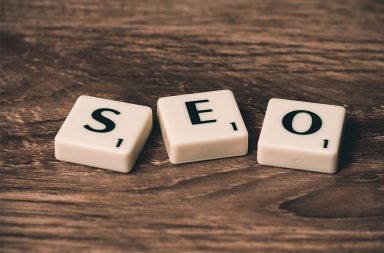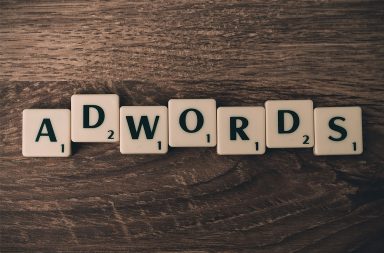On-page search engine optimization (SEO) is the application of optimizing an individual web page in order to rank in a higher and earn a more relevant traffic in search engines. As opposed to off-page search engine optimization (SEO) practices, it refers to the content and the HTML source code of a page that can be optimized.
There are several on-page factors that can affect the ranking of the website to the search engine. These factors are:
Content of the Web page
The content increases the chance of the web page to improve the search result position, thus it is important to produce a good content. A good content supplies a demand and is linkable. Content pages are the reason why there are visitors to a website, an ideal content should be specific and to the niche topic.
Spice up the content! With images, videos, and diagrams being engaged it can improve two critical user interaction that can affect the ranking factor, it reduces bounce rate and increases time on the website.
The keyword should be attached to the title tag, headings, and subheadings. It should be visible in the first one hundred to one hundred fifty words of the content. Do not forget to spread a bit of latent semantic indexing (LSI) keywords on the web page, it is utilized to determine the relevancy of the page.
 Title Tags
Title Tags
Title tags are also an important on-page factor, it is an element of the HTML that specifies the title of the web page. It is displayed on the search engine results page (SERP). It should be accurate and a concise description of the content of the web page. Title tags help the search engine understand what the web page is all about, it is displayed on top of the web browsers, search engine results page (SERP), and social networks. The closer the keyword is to the title tag, the more weight it contributes to the search engine. It is also best to add modifiers to the title, it aids the rank of the long tail versions of the target keyword.
URL
Uniform Resource Locator (URL) or also known as web address, specifies the location of a resource on the internet. Aside from the smart internal linking, search engine optimization makes sure that the category hierarchy of the website is reflected in the URL. It gives weight to the authority of the overall domain, as it also affects the ranking of the website. Add two to three internal links to every web page, internal linking aids the improvement of the web page ranking.
Search engines stated that the first three to five words in a URL are given more weight, thus a short URL is much appreciated.
It is best to encourage the visitors of your web page to leave a comment, high-quality comments can help rank the web page to a higher level. Most websites have long contents, this is an indirect strategy to maximize the dwelling time.


